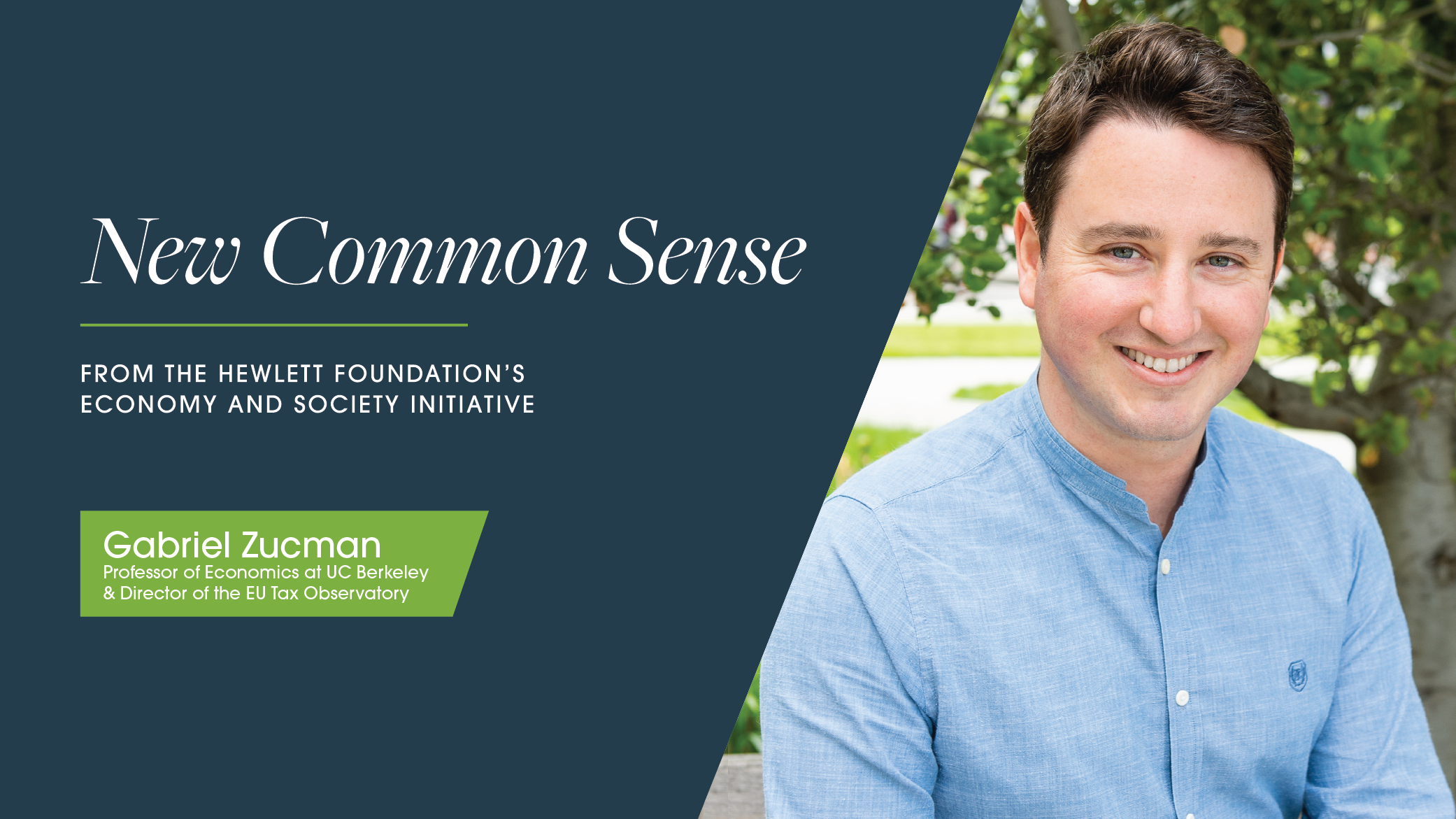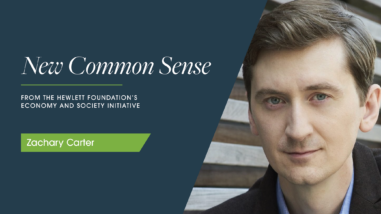A new global minimum tax and the future of corporate taxation

If the new deal becomes reality, countries where the headquarters of multinational companies are located would collect a tax on the profits of their subsidiaries to ensure that profits are taxed at an effective rate of at least 15% on a country-by-country basis. For example, if the Irish subsidiary of a French multinational has an effective tax rate in Ireland of 10%, then France would collect a tax of 5% to arrive at a rate of 15%. Other countries would proceed similarly with their own multinationals.
If well implemented, a minimum tax of this kind would remove incentives for countries to offer rates lower than 15%, since these low rates would be offset by additional taxes owed in the parent country. This would alleviate some of the most extreme forms of tax competition, such as the choice by some countries to offer zero statutory rates or close to zero effective tax rates. Existing estimates suggest that about 36% of multinational profits are shifted to tax havens each year.
However, the proposed agreement on minimum taxation is also defective in several key aspects, some of which could determine whether this proposal brings us closer to a post-neoliberal world or slows that process already underway. The rate—15%—is lower than what working-class and middle-class people typically pay in high-income countries. It is also lower than the average statutory rate that corporations face in those places. There is a risk that such a low reference point might trigger an additional reduction in statutory corporate tax rates, thus reinforcing the race-to-the-bottom with corporate taxation observed since the 1980s. A higher rate (of 25%, for example) would reduce the risk of such a counterproductive outcome.
The draft agreement also includes carveouts allowing corporations with sufficient activity in low-tax countries to be exempt from the minimum tax. Multinationals would be allowed to reduce profits subject to the minimum tax by an amount equal to 5% of the value of their assets and labor costs in each country. Conceptually, a minimum tax with no substance-based carveout means that some tax rates are considered too low by the international community. A minimum tax with carveouts, by contrast, reflects a different perspective. With such a tax, a company that owns $1 billion in assets in a country with a 0% corporate tax rate, and makes $50 million in profit there, would still be subject to no tax at all. A minimum tax with carveouts for capital and employment does not address the race to the bottom in corporate taxation.
The EU Tax Observatory, an independent research lab at the Paris School of Economics I help lead, is exploring potential solutions and proposals to address these types of tax and inequality challenges. The lab conducts and disseminates research to produce publicly accessible data that advances dialogue on the future of taxation between the scientific community, civil society, and policymakers in the European Union and worldwide. As part of its research efforts to examine how global regulations could effectively prevent corporate tax evasion, the group found that the revenue potential of a minimum tax is large, but that revenues depend crucially on the rate chosen and on whether substance carveouts are allowed. In the United States, the European Union, and the main developing countries combined, a 25% minimum tax without carveout would generate almost four times more revenue than the current OECD-led proposal of 15% with carveouts: $575 billion per year, as opposed to $150 billion.
Big multinational companies—and their shareholders—have been the main winners from globalization: their profits have boomed thanks to the ever-closer integration of world markets. With the rise of their activity, so too have their power and influence increased. For some of the largest multinationals, this power now rivals that of nation-states. These disproportionate gains demonstrate a clear shortcoming of neoliberalism’s approach to unfettered, globalized growth: instead of producing conditions in which everyone wins, a select few are able to amass more profit and more power while paying less in taxes than the average worker. And although the June 2021 minimum tax agreement attempts to establish a new economic order, its blindspots won’t sufficiently curb corporate tax evasion and actually puts us at risk of making the problem worse.
Thus, asking multinational firms to pay $150 billion more in taxes annually when they could pay $575 billion more (with a rate, 25%, which would remain low in a historical perspective) is a political choice, and one that needs to be democratically and transparently debated.



